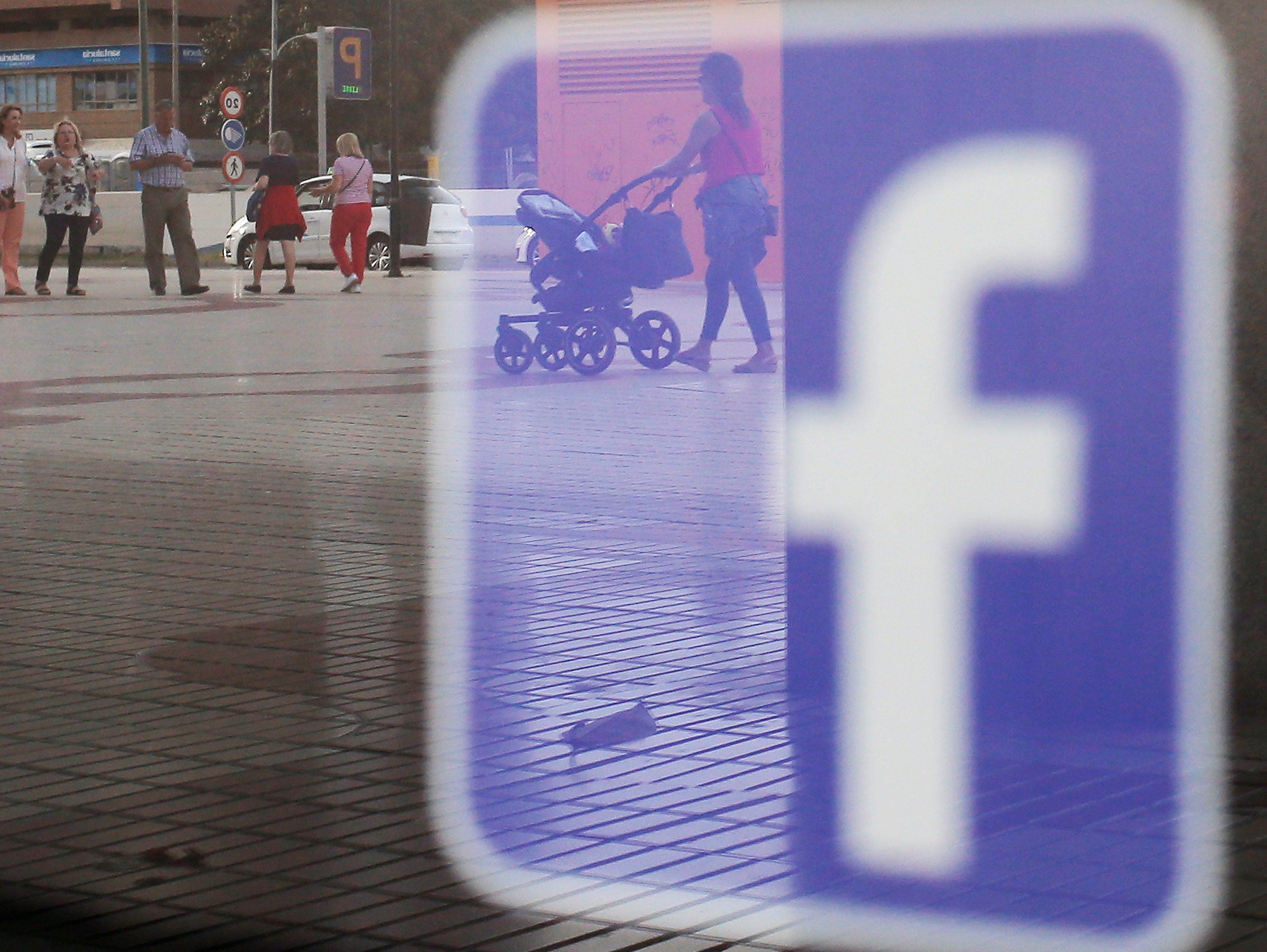
The News Media Association has called for reform to competition regulation in order to address concerns over Google and Facebook’s ad market dominance.
The group, which represents national, regional and local news publishers in the UK, warned the web giants, known collectively as the Duopoly, are “jeopardising the sustainability of quality journalism”.
Total advertising spend in the UK grew by 4.6 per cent to a record £22.2bn in 2017, but Google and Facebook took the lion’s share as news publishers got a diminishing slice of the pie.
The Duopoly is expected to take 71 per cent of all the money spent in the UK on digital advertising by 2020, according to analysts.
The NMA backed a call for the creation of a new online regulator, dubbed Offnet, made as part of a Department for Business, Energy and Industrial Strategy consultation on modernising consumer markets.
In its submission to the consultation, the NMA said: “Review and reform of the competition regulatory regime is necessary to ensure that there is fair and sustainable competition to address the problems created by such dominant tech companies…
“The current regime has not addressed the dominance by the large online platforms and their detrimental effect upon the news media industry and related markets.
“It must therefore be updated and be adapted so that it will in practice be used to counter the detrimental impact upon the news media and digital advertising market of the digital platforms, agglomeration, data algorithms and consolidation.”
A leader in the Times yesterday also called for an “independent online regulator with teeth”.
It added: “An online regulator would aim to protect internet users from harmful content and the monopolistic behaviour of the biggest online names.”
The NMA has been calling for an investigation by the Competition and Markets Authority into the impact of the Duopoly and the digital advertising supply chain on news publishers for more than a year.
It again called yesterday for the CMA, broadcast regulator Ofcom and the Information Commissioner’s Office to “urgently investigate the digital advertising supply chain, the dominance of the tech platforms and their impact on consumers, advertisers and other media players and for reform of the newspaper merger regime which ‘unnecessarily impedes newspaper mergers and transfers of titles’”.
In its submission, the NMA added: “The CMA should be asked to examine the tech companies and address the problems created, rather than impose new restrictions upon the local and national news media. Combined or complementary action may be required from other relevant regulators.
“The regulatory regime ought not favour the dominant tech companies and shield them from regulatory action.
“Nor should the competition regime prevent companies within industry sectors from coming together and conducting negotiations with the dominant tech companies which are intended to address the problems created by the tech companies’ practices and dominance.”
At an event hosted by Politico earlier this week, Culture Secretary Matt Hancock denied that technology firms are too big to regulate.
“There was an attitude that pervaded for a generation that these companies are global, so you can’t regulate them — not true,” he said.
“That the technology changes so fast you can’t regulate — not true. That people don’t really understand it, and therefore can’t regulate it — also not true.”
Hancock added: “If the UK as a society, represented legitimately through Parliament, and from the Parliament in Government, wants to do something, that is what we do. It is called democracy.”
The Times also said that as traditional media companies are subject to independent regulation, the Duopoly should be too.
The leader said “giant, predatory companies” had “responded to competition by buying up their rivals, and to traditional law enforcement by arguing that since they operated in a market without national borders they could not be subject to national jurisdictions either”.
“Google now has 90 per cent of the global internet search market. Facebook and its subsidiaries control 70 per cent of all social media traffic,” it said.
“As they have grown, traditional media companies such as The Times have submitted voluntarily to effective regulation by the Independent Press Standards Organisation.
“Facebook and Google might argue on this basis that they too should be left to regulate themselves, but they have tried, half-heartedly, and failed.”
Press Gazette launched its Duopoly campaign last year to warn that the dominance of Google and Facebook in the advertising market was pushing news publishers out of business and calling on them to pay more back to them given their reliance on the content they produce.
The Telegraph, Guardian News and Media, and News UK, which publishes the Sun and the Times, announced a joint advertising platform last month to compete with the Duopoly “in response to industry-wide concerns across the digital advertising ecosystem”.
Picture: Reuters/Jon Nazca
Email pged@pressgazette.co.uk to point out mistakes, provide story tips or send in a letter for publication on our "Letters Page" blog
